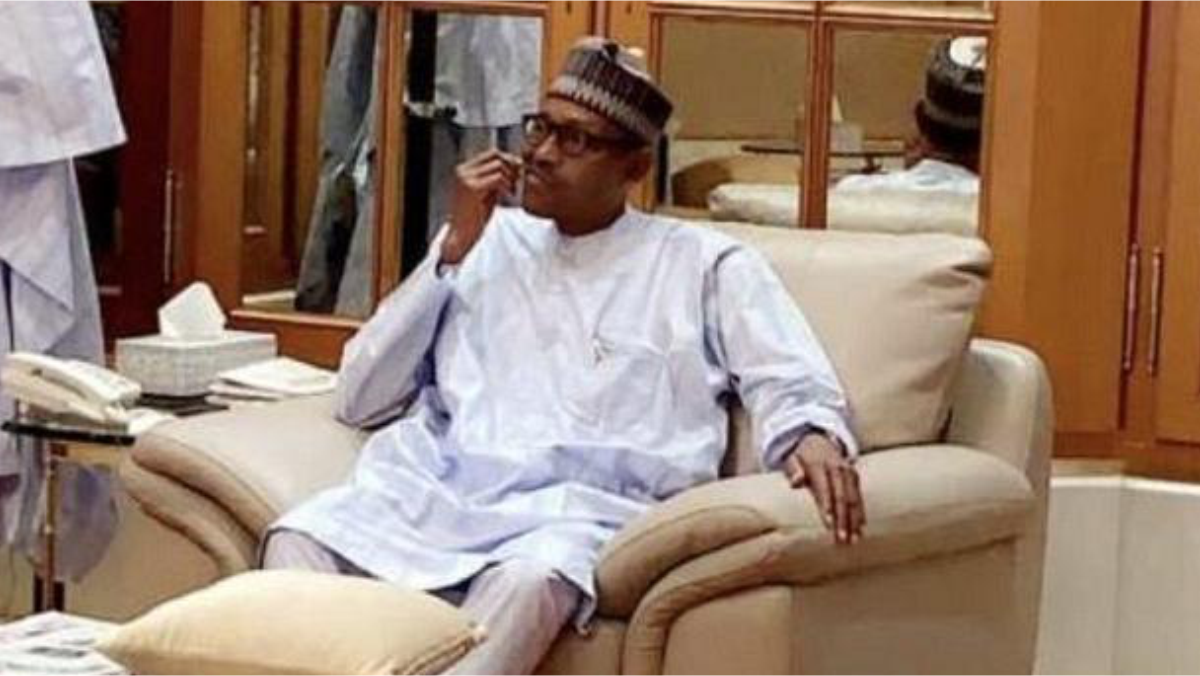-

-
Wikirise.com Advertise with Us HereStats: 4,783 members, 41,616 Posts
Number of Comments : 2,630
Date: Monday, 23rd December 2024
Buhari regime further damaging Nigeria’s economy with ‘anti-enterprise’ regulations: NECA
By Godwin Emmanuel - August 13, 2022 | Categories: Business Tags: Economy
Share this post:

The Nigeria Employers’ Consultative Association (NECA) has warned President Muhammadu Buhari’s regime to reappraise its fiscal policies as they are further damaging the nation’s economy.
NECA director-general Wale Oyerinde made the call in a statement in Lagos on Saturday.
Mr Oyerinde said the policies had little impact either because of inherent inconsistencies or strategic sabotage by external forces, and the lack of adequate consultation during their crafting and implementation could be a factor.
“While the monetary policies aim to reflate the economy through the various interventions, the fiscal policies tend to create a bottleneck for the productive sector. This they do by introducing new taxes and levies, such as telecommunication excise tax, excise duty on carbonated drinks, beverage tax, and NYSC levy, among many others,” the NECA chief explained.
He added, “The introduction of these taxes and levies and other anti-enterprise regulations, to a large extent, will further hamper the consumption pattern of the citizens.”
According to him, they can also reduce enterprises’ capacity utilisation and worsen the country’s macroeconomic situation due to the multiplier effects.
Mr Oyerinde stressed that the recently held ‘Employers’ Summit’ in Abuja came up with some key conclusions and recommendations. He said these could serve as alternative policy actions for the regime to consider.
The NECA director-general also mentioned that there should be deliberate alignment between monetary and fiscal policies to reduce the contradictory tendencies as a matter of urgency.
“Also, a deliberate and independent mechanism with the active involvement of the private sector should be put in place to regularly gauge the effect and impact of policies and regulations. Ineffective ones should be changed and new ones formulated,” Mr Oyerinde added.
On Wednesday, the Nigeria Economic Summit Group (NESG) advised Mr Buhari to be more transparent in subsidy management.
“We strongly advise greater transparency and simplicity in the management and communication of various subsidies, like in petroleum products and electricity, to establish their true costs that benefit the people,” explained the NESG.
(NAN)